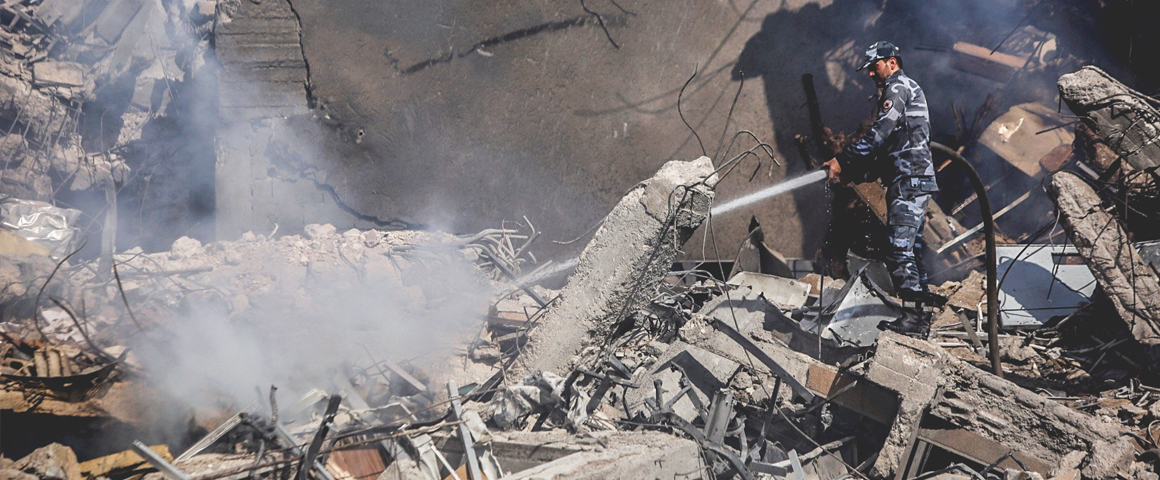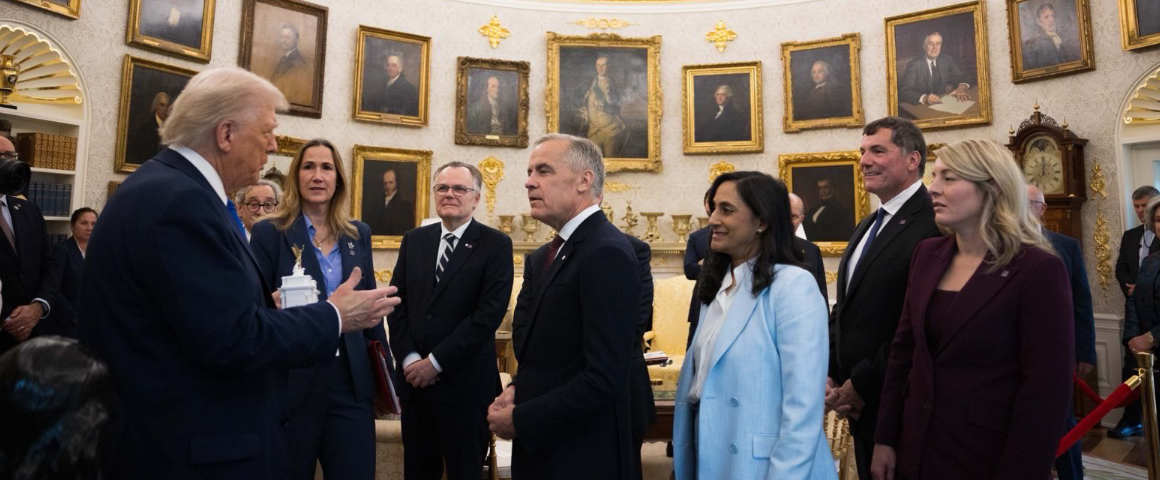Special to PV
A Syrian doctor’s report that no chemical weapons were used in Douma on April 7 throws more doubt on the subsequent US-UK-France air strikes, which were applauded by the Canadian government.
British journalist Robert Fisk has reported in the Independent that he visited an underground clinic in the former rebel stronghold of eastern Ghouta, where he spoke to senior medic Dr. Assim Rahaibani.
Rahaibani told the veteran reporter that children seen with breathing apparatus and doused in water in a video used to back up claims that chemical weapons were used against them were in fact suffering from oxygen starvation.
Rahaibani said: “People began to arrive here suffering from hypoxia, oxygen loss. Then someone at the door, a White Helmet, shouted ‘Gas!’ and a panic began. People started throwing water over each other. Yes, the video was filmed here, it is genuine, but what you see are people suffering from hypoxia — not gas poisoning.”
Some British MPs have pointed out that Fisk’s account shows that evidence of the Syrian government launching a chemical weapons attack on people of Douma is “flimsy at best.”
Even military experts like Lord West, the former first sea lord and chief of the naval staff, as well as General Shaw, the former commander British armed forces in Iraq, have questioned the evidence and the motive for such a chemical weapons attack. Since the Assad government had all but won the battle for eastern Ghouta by early April, using chemical weapons that could provoke a US military response would be highly unlikely.
Two emergency debates have been held in Britain’s Parliament about joining US and French forces in launching air strikes on Syria without consulting MPs.
Labour leader Jeremy Corbyn said the PM showed a “flagrant disregard” for the convention of seeking authority from MPs when she did not recall MPs from their Easter recess. The government won a vote in Parliament on the bombing, with a fifth of Labour MPs defying the whip to side with the Conservatives.
May said that while she accepted that elected members should be allowed to debate the deployment of forces, it was not right that this applied to “every possible overseas mission.”




